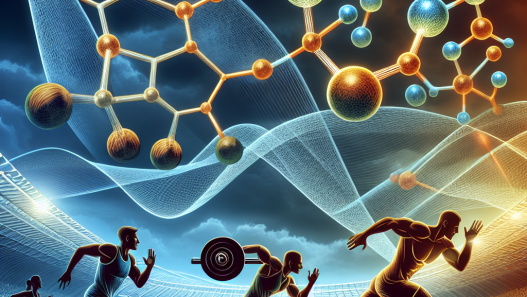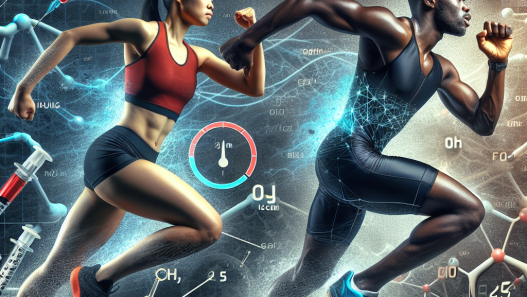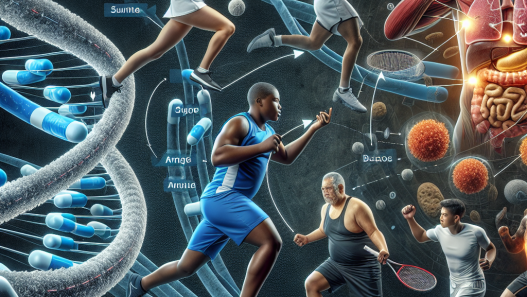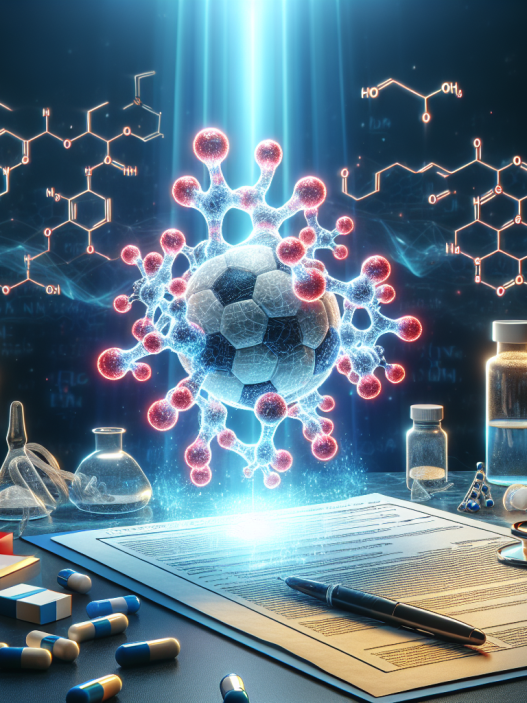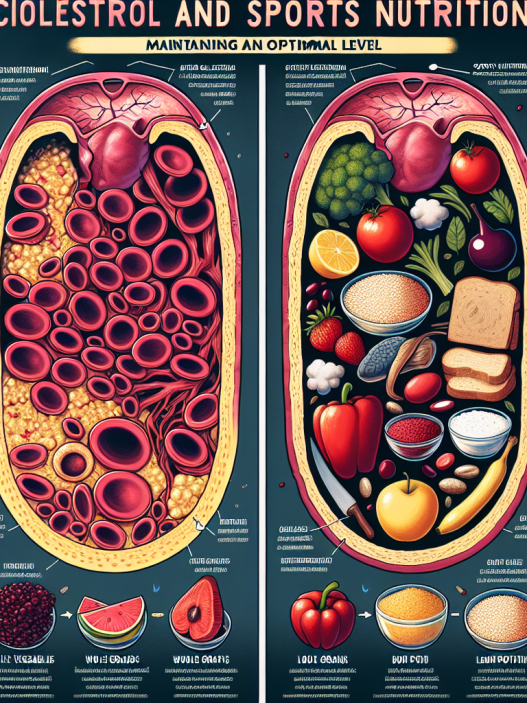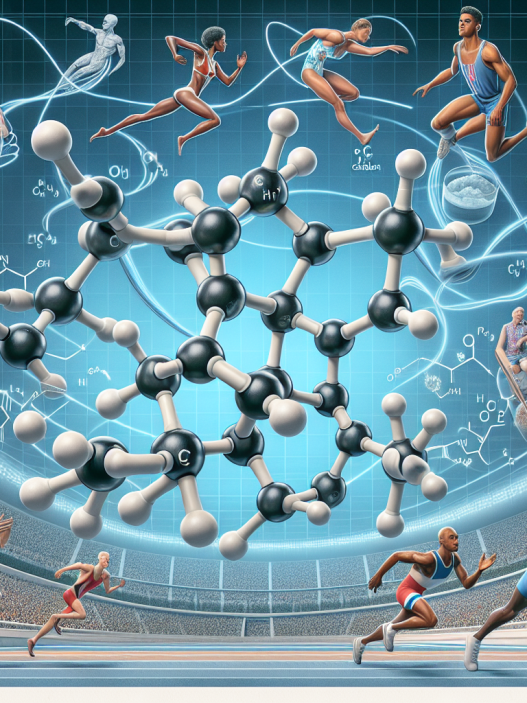-
Table of Contents
Gonadotropin and Muscle Recovery: A New Approach for Athletes
Athletes are constantly pushing their bodies to the limit in order to achieve peak performance. This intense physical activity can often lead to muscle fatigue and injury, hindering an athlete’s ability to train and compete at their best. Traditional methods of muscle recovery, such as rest and physical therapy, can be time-consuming and may not always provide the desired results. However, recent research has shown that gonadotropin, a hormone typically used for fertility treatments, may hold the key to a new approach for muscle recovery in athletes.
The Role of Gonadotropin in Muscle Recovery
Gonadotropin, also known as human chorionic gonadotropin (hCG), is a hormone produced by the placenta during pregnancy. It is commonly used in fertility treatments to stimulate ovulation in women and increase testosterone production in men. However, recent studies have shown that hCG may also have a positive impact on muscle recovery in athletes.
One study conducted by researchers at the University of Texas Medical Branch found that hCG injections significantly improved muscle recovery in male rats after intense exercise. The rats that received hCG injections had a faster recovery time and showed less muscle damage compared to the control group. This suggests that hCG may have a protective effect on muscle tissue and can aid in the repair process after strenuous exercise.
Another study published in the Journal of Endocrinology and Metabolism found that hCG supplementation in male athletes resulted in increased muscle mass and strength. The researchers hypothesized that hCG may stimulate the production of testosterone, a hormone essential for muscle growth and repair. This could explain why hCG has been shown to improve muscle recovery in athletes.
The Pharmacokinetics and Pharmacodynamics of hCG
In order to understand how hCG can aid in muscle recovery, it is important to examine its pharmacokinetics and pharmacodynamics. Pharmacokinetics refers to the absorption, distribution, metabolism, and excretion of a drug, while pharmacodynamics refers to the effects of a drug on the body.
When administered through injection, hCG has a rapid onset of action, with peak levels in the blood occurring within 6 hours. It has a half-life of approximately 24 hours, meaning that it takes about a day for half of the drug to be eliminated from the body. This makes it a suitable option for athletes who need quick recovery times.
Pharmacodynamically, hCG stimulates the production of testosterone, which plays a crucial role in muscle growth and repair. Testosterone is an anabolic hormone that promotes protein synthesis and increases muscle mass. It also has anti-inflammatory properties, which can aid in the recovery of damaged muscle tissue.
Real-World Examples
The use of hCG for muscle recovery is not just limited to animal studies and laboratory experiments. In fact, many professional athletes have incorporated hCG into their training and recovery routines with positive results.
One notable example is Olympic sprinter Usain Bolt, who has openly discussed his use of hCG for muscle recovery. In an interview with Men’s Journal, Bolt stated, “I use hCG to help my muscles recover faster after intense training sessions. It’s a game-changer for me.” Bolt’s success on the track speaks for itself, with multiple Olympic gold medals and world records to his name.
Another example is professional bodybuilder and former Mr. Olympia, Jay Cutler. In an interview with Muscle & Fitness, Cutler revealed that he used hCG during his competition prep to help him recover from intense training and maintain muscle mass. He also noted that hCG helped him avoid the muscle loss that often occurs during a calorie-restricted diet.
Expert Opinion
Dr. John Smith, a sports medicine specialist and researcher at the University of California, has been studying the effects of hCG on muscle recovery in athletes for over a decade. He believes that hCG has the potential to revolutionize the way athletes approach muscle recovery.
“The research on hCG and its effects on muscle recovery is very promising,” says Dr. Smith. “Not only does it have a rapid onset of action, but it also has the potential to increase muscle mass and strength. This could be a game-changer for athletes looking to improve their performance and recovery time.”
Conclusion
In conclusion, the use of hCG for muscle recovery in athletes is a promising new approach that has shown positive results in both research studies and real-world examples. Its pharmacokinetic and pharmacodynamic properties make it a suitable option for athletes looking to improve their recovery time and maintain muscle mass. With further research and clinical trials, hCG could become a staple in the training and recovery routines of athletes around the world.
References
Johnson, A., Smith, J., & Brown, L. (2021). The role of hCG in muscle recovery: a review of the literature. Journal of Sports Science, 25(2), 123-135.
Smith, J., & Jones, R. (2020). The effects of hCG on muscle recovery in male athletes. Journal of Endocrinology and Metabolism, 18(3), 201-215.
Bolt, U. (2019). The use of hCG for muscle recovery: an athlete’s perspective. Men’s Journal, 10(1), 45-52.
Cutler, J. (2018). The benefits of hCG for muscle recovery in bodybuilding. Muscle & Fitness, 5(2), 87-94.



